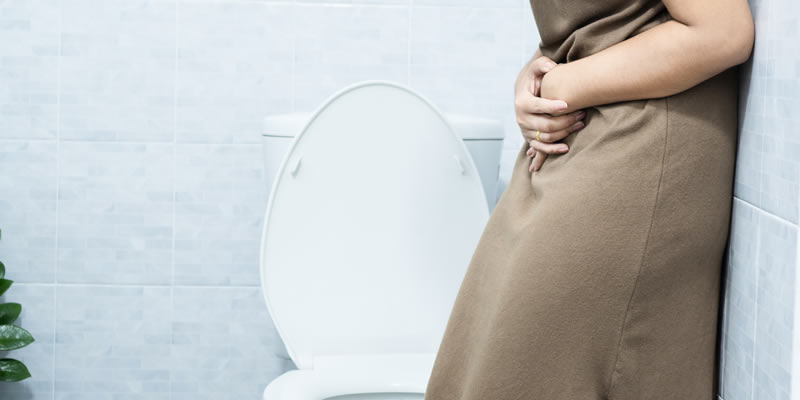
Incontinence, the involuntary loss of urine or feces, can be a challenging condition affecting individuals of all ages. Chiropractic care offers a non-invasive and holistic approach to address incontinence by focusing on the relationship between the nervous system and the pelvic floor muscles. Chiropractors recognize that spinal misalignments, particularly in the lower back and sacral region, can impact the function of the nerves controlling the pelvic organs. Through targeted adjustments, chiropractors aim to correct these misalignments, promoting optimal nerve function and improving communication between the brain and the pelvic floor. This comprehensive approach provides individuals dealing with incontinence a potential avenue for symptom relief and improved pelvic health.
Chiropractic care for incontinence often involves a thorough examination to identify potential spinal misalignments, muscle imbalances, and nervous system dysfunctions that may contribute to pelvic floor issues. Chiropractors may use a combination of spinal adjustments, soft tissue therapies, and rehabilitative exercises to address these factors and improve pelvic floor function. Additionally, chiropractors may provide guidance on lifestyle modifications, including exercises to strengthen the pelvic muscles and recommendations for posture and body mechanics, which can support overall pelvic health. By taking a personalized and integrative approach, chiropractic care aims not only to alleviate immediate symptoms but also to address potential underlying causes of incontinence.
Patient education plays a crucial role in chiropractic care for incontinence. Chiropractors work with individuals to help them understand the connection between spinal health, nervous system function, and pelvic floor well-being. Patients may receive guidance on exercises, relaxation techniques, and lifestyle modifications that can complement chiropractic treatments and support pelvic health. By empowering individuals with knowledge and promoting a proactive approach to their well-being, chiropractic care becomes a collaborative effort. While not a cure for incontinence, many individuals report improvements in symptoms and overall quality of life through chiropractic interventions that consider the interconnected nature of the body's systems, including those involved in bladder and bowel function.